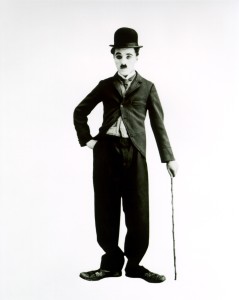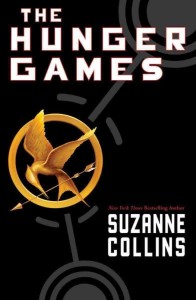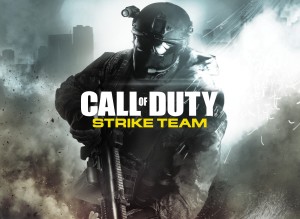For over a decade I’ve seen articles ringing the death knells of two major forms of storytelling: novels and movies. So what is the future of storytelling? I have some questions on the subject. I don’t claim to have the answers.
Depending on your metrics, movies have stagnated or declined for the last several decades. In 2012, cinema attendance hit a 25-year low.
It’s true that this is a case of falling all the way to number one, but hey, nothing lasts forever and it’s not outrageous to imagine movies are slowly losing our attention.
Art forms come and go. Epic poems, dance, radio serials and cave art were all major forms of storytelling in human history, and they all gave way to change in technology and culture. Of the current major forms, TV is only six decades old, movies just over a century, and novels four centuries.
Are we so different from our ancestors that we can lose storytelling? Has there even been a human culture that did not know story? If we are confident storytelling will remain, what will replace novels and movies (or at least, make up for their decline)?
The numbers for video game usage and continued growth are incredible (though still far short of film audience and revenue). Is this becoming the major vehicle for storytelling? As big as video gaming is, it’s still a subculture: movie, book and TV awards go on newspaper front pages. Video gaming still does not have the mainstream acceptance other forms do. Will movie stars always be our movie stars? It’s hard to imagine game creators getting glamorous, but will they at least get novelist hype? Will some form of interactive video, perhaps somewhere between video gaming and movies in terms of audience involvement, take over?
There have been successful Internet TV shows, but for the most part, the fictional ones have been structured much like conventional TV. Is the emergence of short form Internet shows, like Epic Meal Time, a new niche? Can that length be exploited for fiction?
Technology is moving so fast that it could be wholly new ways in which interactive entertainment is developed, for e.g., using brain wave technology, it’s conceivable that interactive stories could be plaid out without the audience even realizing they were interacting. For that matter, stories implanted in our brains could render the whole print vs. visual storytelling split obsolete.
Perhaps the shift has already occurred and we haven’t even realized it: Facebook, with over a billion active users, rivals the reach of the movie industry. With Twitter, Instagram, Facebook and other social networks changing how we communicate, are they also changing what “storytelling” means?
With Garageband and other recording software, music making became democratized. With youtube and cheap video editing software, we all have the ability to make and distribute movies. Has storytelling similarly been democratized and personalized so that the stories we consume are now the tailored-or-not stories we tell through social networks?
Which type of storytelling do you find most satisfying? Which do you envision growing or shrinking in audience and cultural relevance? Can your friend’s life, as portrayed on Facebook, carry the same emotional weight and resonance as an art form?



Leave a Reply